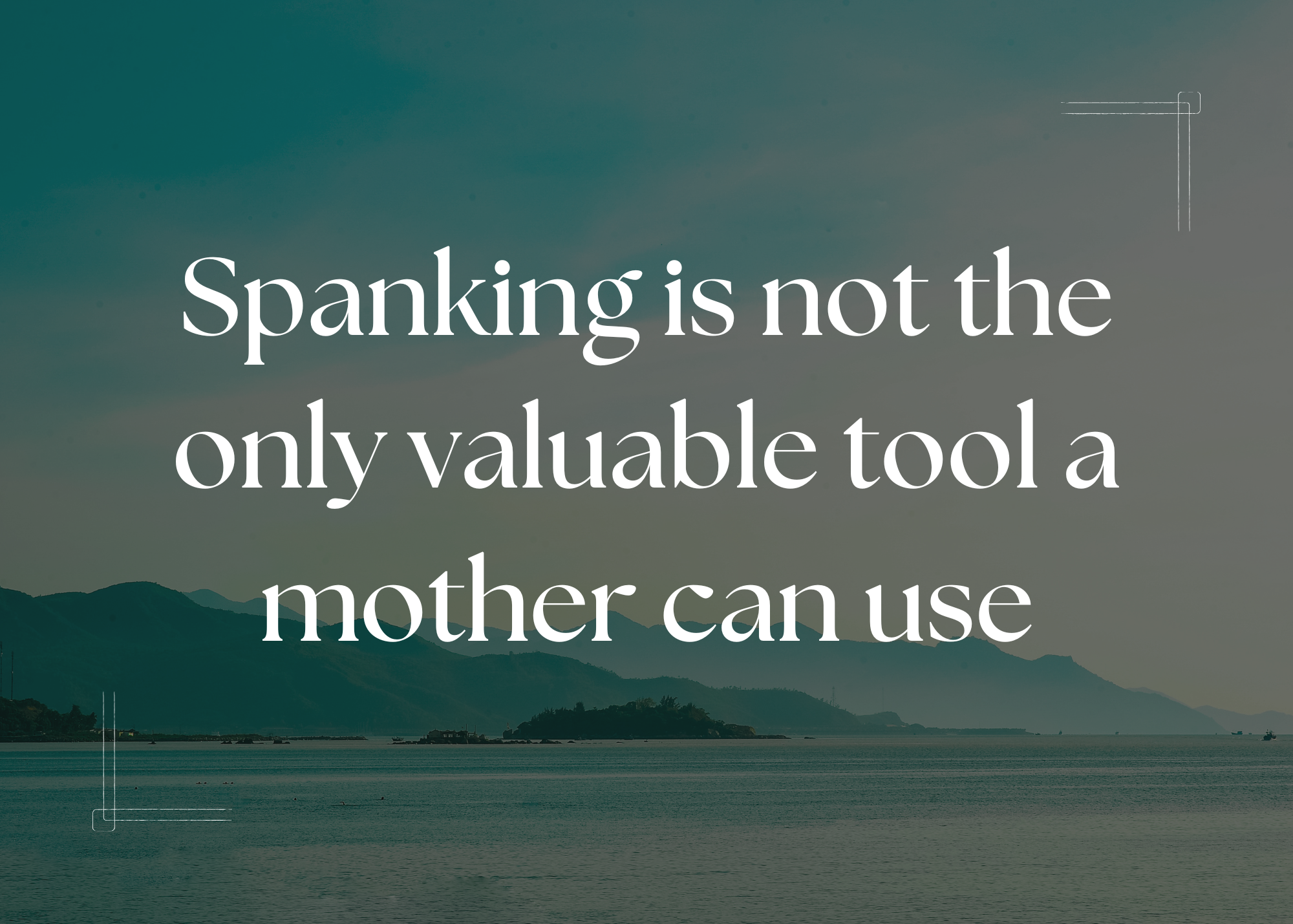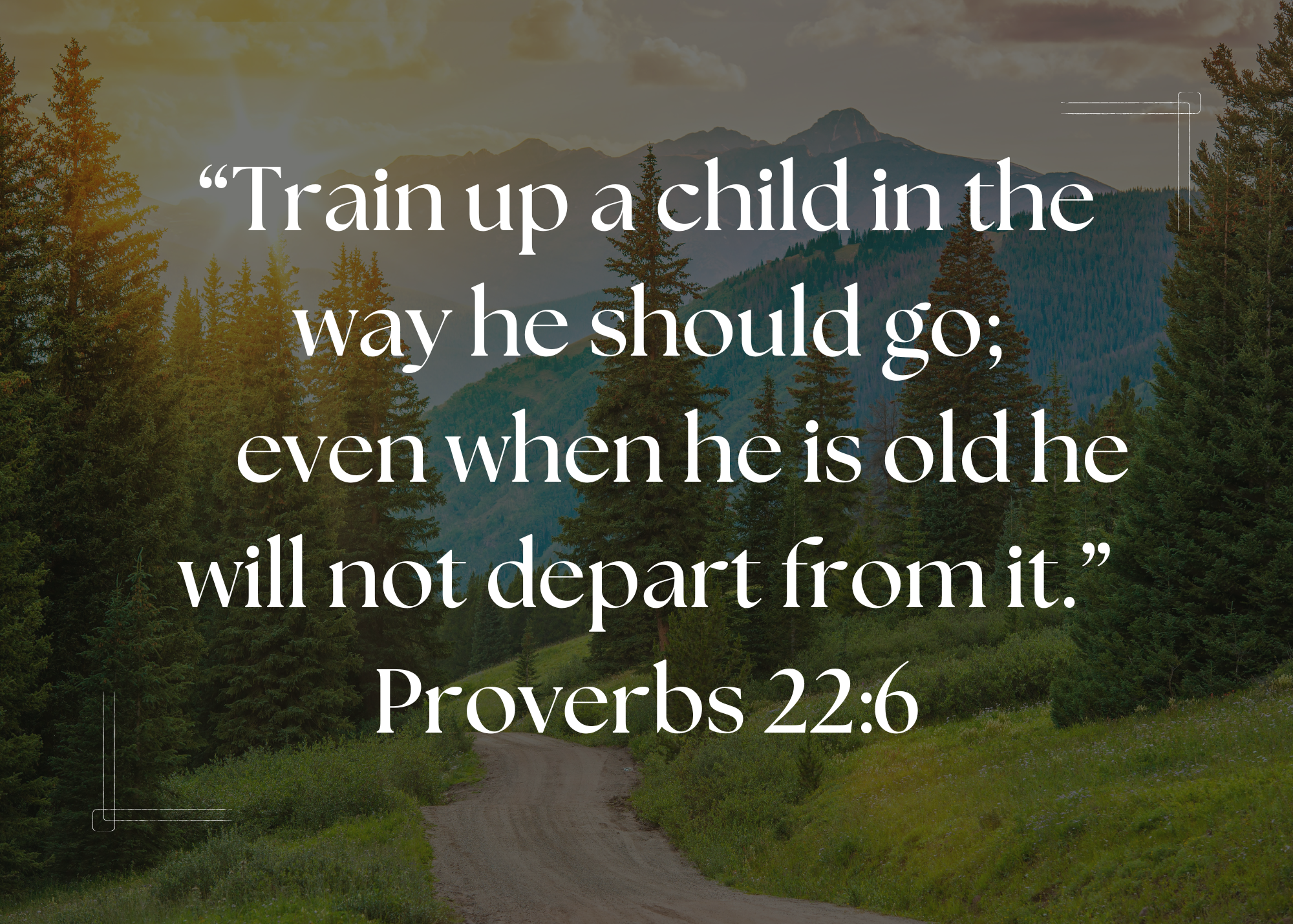The Value of Reflection Time for Kids
Two little buns plop down on a chair. His arms are crossed, his face is red, and he is breathing heavily. His eyes do not leave their downcast position. Anger has overcome him.
Our oldest son Archer tends to burn hot really fast. He gets that from his mother. As a mom, I am trying to help him navigate his emotions and teach him how to deal with his anger in a way that honors and glorifies the Lord. I feel like I am a broken record lately. Reminding Archer that anger is not a sin, but how we deal with our anger can quickly become a sin. We must learn how to process our anger in a way that brings honor to the Lord.
I think it is crucial for us as parents to teach our children how to navigate each of their emotions. All emotions are natural, and we are created to have them to some extent, but if we are never taught how to properly deal with negative emotions, they will only have a negative impact on our life. Not learning how to process negative emotions could lead to them controlling every decision we make or us shutting the negative emotions out altogether, and therefore, being unable to process certain feelings in a way that is healthy for our body. Negative emotions are not a sin in and of themselves, it is how we navigate them that can quickly become a sin.
“No temptation has overtaken you except what is common to mankind. And God is faithful; he will not let you be tempted beyond what you can bear. But when you are tempted, he will also provide a way out so that you can endure it.” 1 Cor. 10:13
A negative emotion is natural for our body and is often a form of temptation in our lives. Yet, the temptation is not the sin, it is acting on the temptation that is sin. As a result of this, I have decided as a mom that teaching my children how to navigate every emotion will benefit them all their life. I do not want them stuffing things due to an idea that feeling a negative emotion is not biblical. I want to instead help them discover how to feel that emotion in a way that honors the Lord, and those around them. Often it is an act of dependence on Him.
“Be angry and do not sin; do not let the sun go down on your anger” Eph. 4:26
“Repay no one evil for evil, but give THOUGHT to do what is honorable in the sight of all. If possible, so far as it depends on you, live peaceably with all. Beloved, never avenge yourselves, but leave it to the wrath of God, for it is written, “Vengeance is mine, I will repay, says the Lord.” To the contrary, “if your enemy is hungry, feed him; if he is thirsty, give him something to drink; for by so doing you will heap burning coals on his head.” Do not be overcome by evil, but overcome evil with good.” Rom. 12:17-21
I am intrigued by the phrase “give thought to do what is honorable” in verse 17. The Greek word used for thought is pronoeo and it means to consider in advance, to look out beforehand. It is a way of circumspection for oneself. Meaning it is the act of thinking very carefully about something because it could have consequences or risks involved. It means paying attention to all the facts and circumstances of the case.
Negative emotions are inevitable. We live in a fallen world where fear, sadness, and anger are a part of our lives. Yet, God commands us to not let these emotions overcome us.
“Fear not, for I am with you; be not dismayed, for I am your God; I will strengthen you, I will help you, I will uphold you with my righteous right hand.” Isa. 41:10
“A man of wrath stirs up strife, and one given to anger causes much transgression.” Pro. 29:22
I have been on this journey of experimenting and discovering what tools will work best to help Archer navigate his anger. One of the most valuable tools we have discovered so far is reflection time after an event and then teaching him proactive breathing techniques he can use in an event.
Originally as a mom, I had this idea that spanking was the only form of biblical discipline. Foolishness is bound up in the heart of a child; The rod of discipline will remove it far from him. (Pro. 22:15), He who withholds his rod hates his son, but he who loves him disciplines him diligently. (Pro. 13:24), You shall strike him with the rod and rescue his soul from Sheol. (Pro. 23:14)
While I believe spanking is biblical and a necessary tool to help train up our children, I have discovered it is not the only valuable tool a mother can use. In fact, making spanking the only form of discipline for every act done wrong will lessen the effect of the spanking. Using them sporadically with other disciplinary tools will heighten their effect when they are used. I have seen this to be true firsthand.
Timeouts (reflection time) are valuable, in the right circumstances. I have discovered them to be the most valuable tool to help Archer learn how to navigate his anger. We are definitely still learning, and he will continue to be tempted by his anger, but making him have time to calm down on his own and reflect on how his anger had consumed him, has been so beneficial!
Often children will display negative emotions in an inappropriate way because they have not developed an understanding of those emotions and how to express them in a healthy way. It is our job as their mom to guide them and teach them how to navigate these feelings in a way that honors the Lord.
Around the ages three to five, children are learning how to control emotions and impulses. They will start out this process very rocky, but with the right tools and guiding them with scripture, they can learn how to navigate every negative emotion in a healthy way that is not sin.
As a parent, I know that by observing my children and their personality traits, I can pinpoint certain disciplinary actions that have more effect with one child than they do the other. None of our children are disciplined the same every time. That’s the beauty of being a flexible parent and focusing on getting the greatest outcome from the consequence that you give. It’s important to discover your child’s learning techniques and their personality strengths and weaknesses. Doing so will heighten your effectiveness as a parent.
Keeping in mind that the Lord has not given you your children to be their friend. He has given them to you to train up in the way they should go. Train in Proverbs 22:6 is the Hebrew word hanak and properly it means to narrow. Figuratively it means to initiate or discipline.
Observing Archer and knowing his personality, especially in a state of anger, spankings will only make the problem worse. They cause him to completely shut down. He becomes so flooded, he cannot think rationally and therefore, the consequence of spanking did not have a proactive effect in that situation. I began exploring other disciplinary options that would “hurt” him, but in a way that would help shape his character to honor the Lord.
I think reflection time (timeouts) can be pointless if they are not done in the right way. In order to get the most out of a reflection time, there needs to be some proactive actions as a parent. When I sit my kids down to reflect on what they have done, they must calm down and be ready to chat before I even start their timer. The time is dependent upon their age. I always match their age with the number of minutes. They need to sit there quietly, pondering a few reflection questions until their timer goes off.
Once they are calm, I ask my kids to think about these three questions while they are reflecting:
What did you do wrong? (Why did it not honor the Lord)
How can you navigate this kind of situation better in the future?
How do you make it right? (apology)
For younger kids, they will not answer it very extensively and may be a little confused as to what the answer is at first, but if you are persistent with it and help walk them through it every time, they will get the gist of it in no time.
We definitely do not have Archer’s anger resolved. It will be an ever-going struggle and temptation for him. Nevertheless, the reflection times have helped us as parents to proactively mold his character more productively than we were before with spankings alone. We have seen huge improvements in his mental state during reflection times as he has begun to grasp the picture of what reflection means and how productive it can be for his future attitude.
Currently, we are implementing deep breathing techniques with him to practice when he feels himself getting angry. He is still learning this, but we are trying to give him tools to use in the midst of anger to keep it from controlling him. Just the other day we came up with a mantra he and Adley say often now.
I can have a good attitude, even when it’s hard!
The extended version of this includes, “because I have Jesus to help me.” Yet, mantras are effective if you keep them short and sweet.
When I see Archer start to get flooded with anger over a situation, I go to him, kneel down to his level, and kindly remind him our mantra. Sometimes he will look at me and exclaim, “but mom it’s too hard!” That’s when I look at him and say, “I know buddy. Sometimes it is too hard for mommy to control her anger too. That is why we need Jesus. We need to ask Him to help us overcome our anger in a way that honors His name.”
Two little buns plop down on a chair. His arms are crossed, his face is red, and he is breathing heavily. Yet, he begins to gain control more quickly this time. He takes deep breaths to calm down his heartrate and prays for Jesus to help him overcome His anger.




